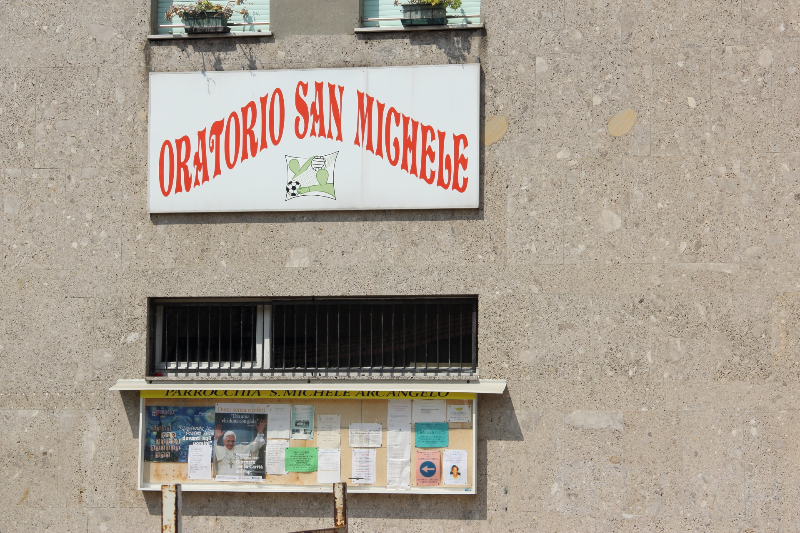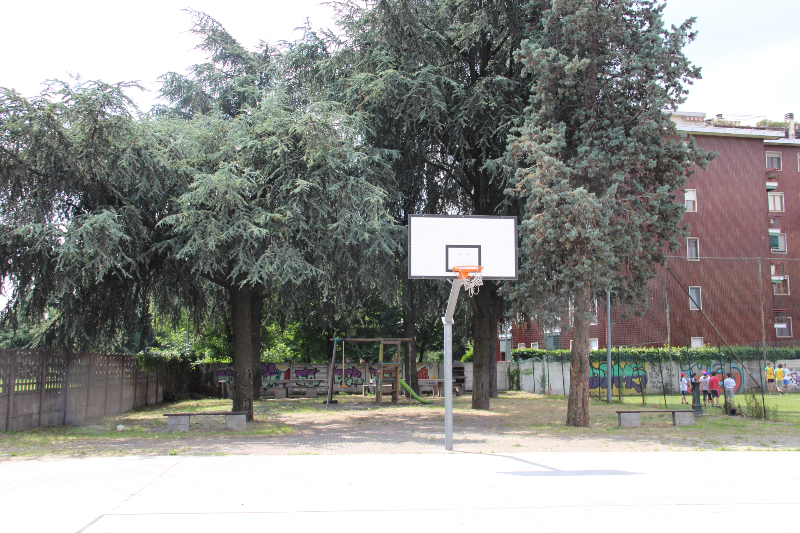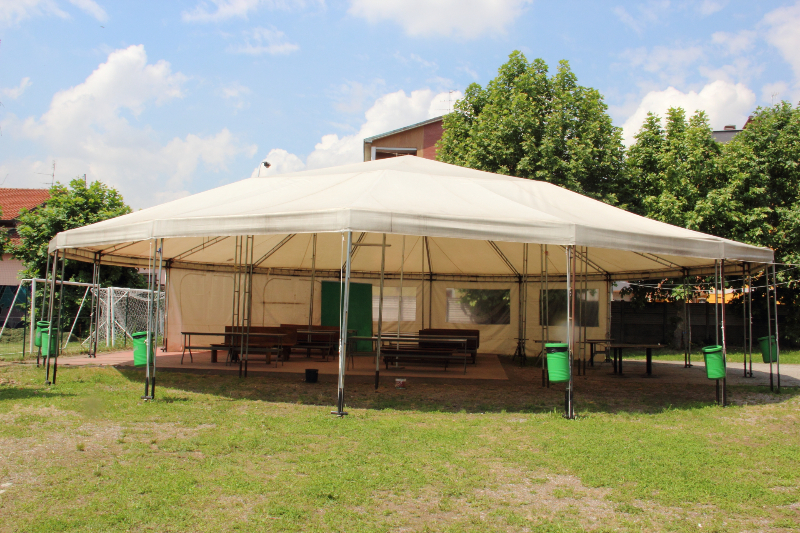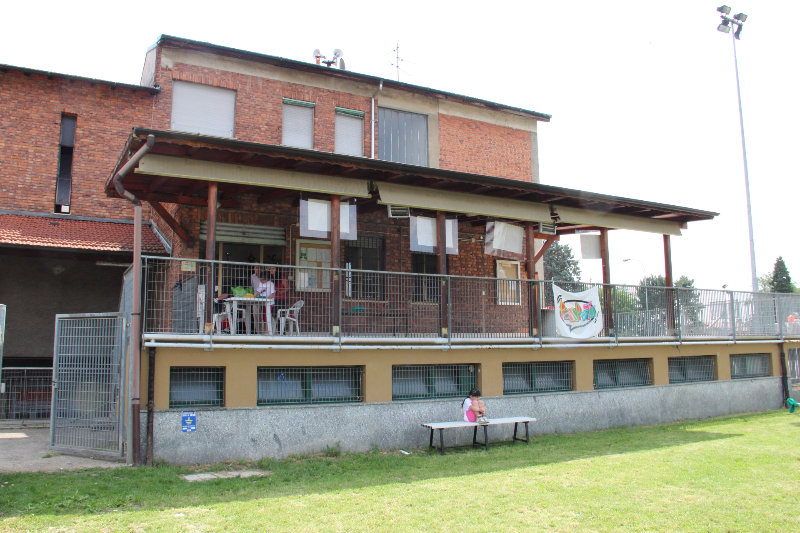Not-so-Happy Hour: The Link Between Alcohol & Allergies Pinnacle ENT Blog
Even so, many people with celiac disease or gluten sensitivity report reactions to distilled spirits made from gluten grains. If drinking alcohol—also known as ethanol—gives you food allergy symptomssuch as flushing, itching, and diarrhea, you may have an allergy or an intolerance to alcohol. You can see a few of these symptoms can be more in line withallergic reactionslike hives, Sober Home sneezing and wheezing . But most symptoms are more commonly from the food sensitivity or intolerance category. People often call alcohol intolerance an alcohol allergy, and vice versa. People who have a true alcohol allergy should avoid drinking alcohol entirely. If you have any severe or painful symptoms after drinking alcohol, don’t just brush it off as alcohol intolerance.
- Gin, vodka, and whiskey are all made from gluten-containing grains such as wheat, rye, and barley.
- Then you can start again, perhaps trying just one of your go-to drinks at a time.
- Wine and beer also contain sulfites, another group of compounds known to provoke asthma and other allergy-like symptoms.
- The good news is that if you’re suffering from an alcohol addiction, there’s support to help you find recovery.
For a minor reaction, over-the-counter or prescription antihistamines might help reduce symptoms, such as itching or hives. If you have an alcohol allergy, your immune system over-reacts to alcohol. If you have alcohol intolerance, your digestive system doesn’t process alcohol properly. You might also react to certain alcoholic beverages if you have a histamine or sulfites intolerance. In very sneezing when drinking rare cases, reactions to alcohol may be a sign of Hodgkin’s lymphoma. If you have any type of food allergy, it is important to be careful about the alcoholic beverages you drink. It helps to read the product label, although many ingredients used in the fermentation or distillation process may not be included. This article looks at some of the possible causes of alcohol allergy or intolerance.
What to expect from your doctor
Distilling a drink usually removes any naturally occurring yeast or yeast by-products from the liquid. Because of this, distilled spirits are generally safe for people with yeast allergies. Okay, so alcohol and feeling sick aren’t exactly strangers. Many people have overdone a time or three and found themselves swearing to the porcelain gods that they’ll never drink again. When you have a true food allergy, your immune system causes the reaction. True food allergies cause unpleasant symptoms such as hives, itching, swelling, stomach cramps, dizziness, vomiting and diarrhea. Allergy testing should always be done in a medical setting. In can occasionally trigger a severe allergic reaction. Some people with Hodgkin’s lymphoma experience pain after drinking alcohol.
You can learn more about how we ensure our content is accurate and current by reading our editorial policy. Depending on the allergy severity, a person may treat symptoms with over-the-counter medications, such as oral antihistamines, if the reaction is mild. The healthcare professional uses a lancet to pierce a person’s skin and apply a small amount of the suspected allergen to see if it causes a reaction. However, standardized skin testing using different types of alcohol is not currently available. The amounts of histamine vary between wines, but generally, there is more histamine in red than white wine.
Gluten Sensitivity
Our Housecall e-newsletter will keep you up-to-date on the latest health information. sneezing when drinking Brain tumor, breast cancer, colon cancer, congenital heart disease, heart arrhythmia.

















